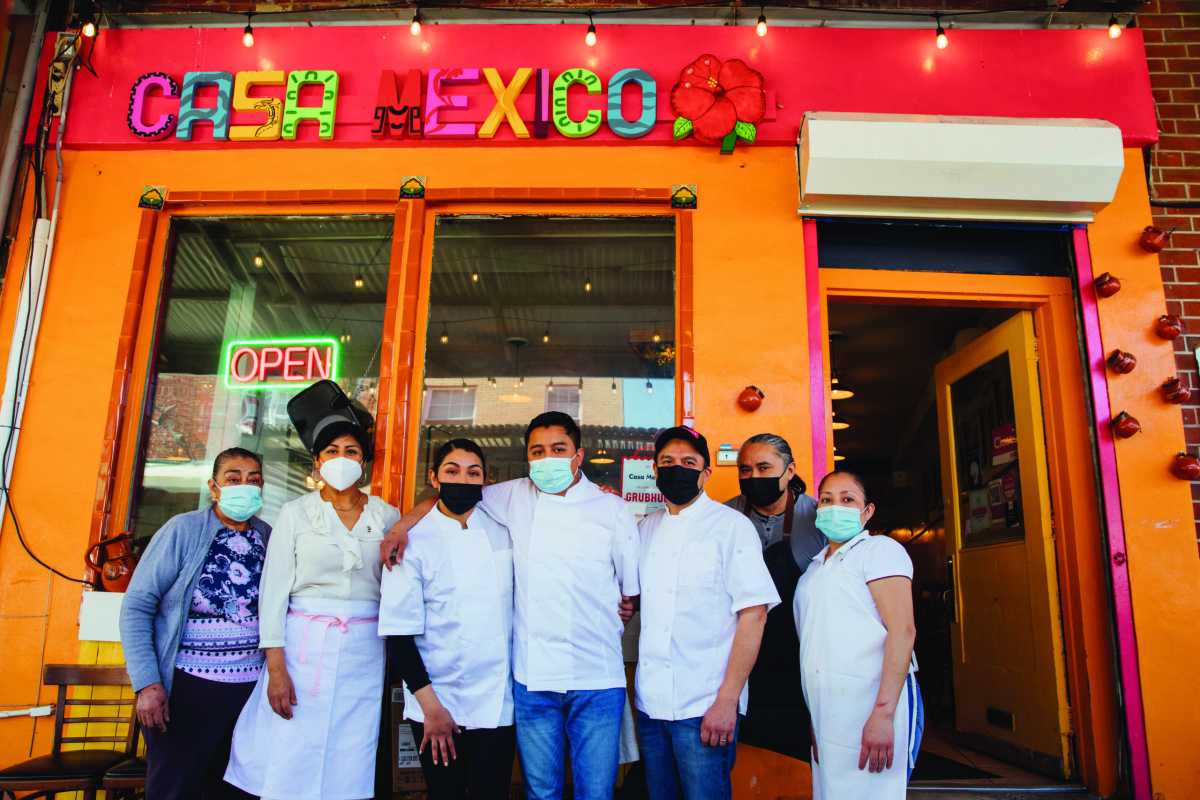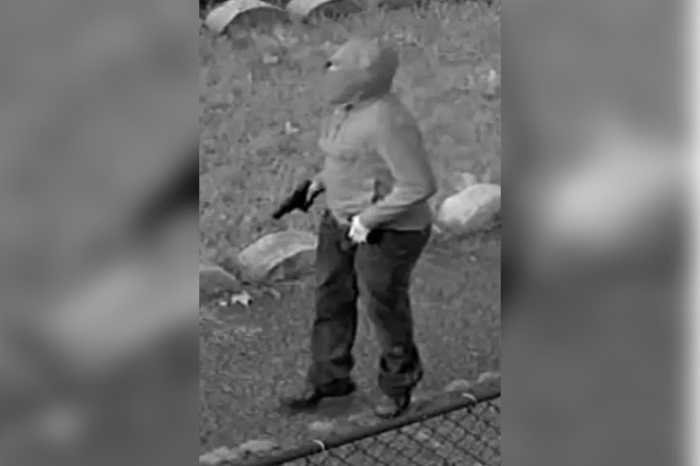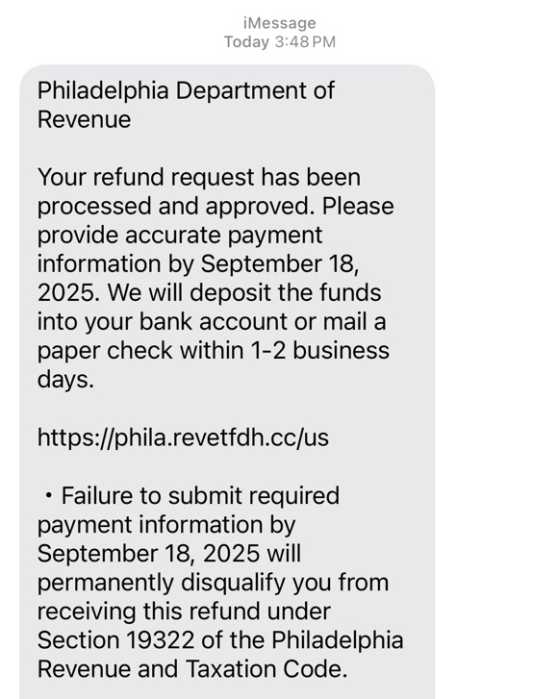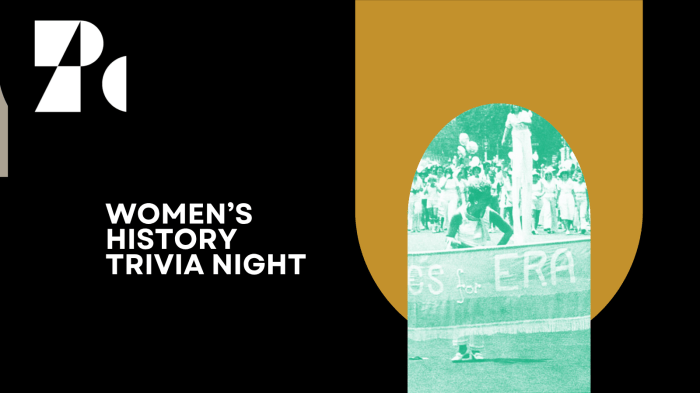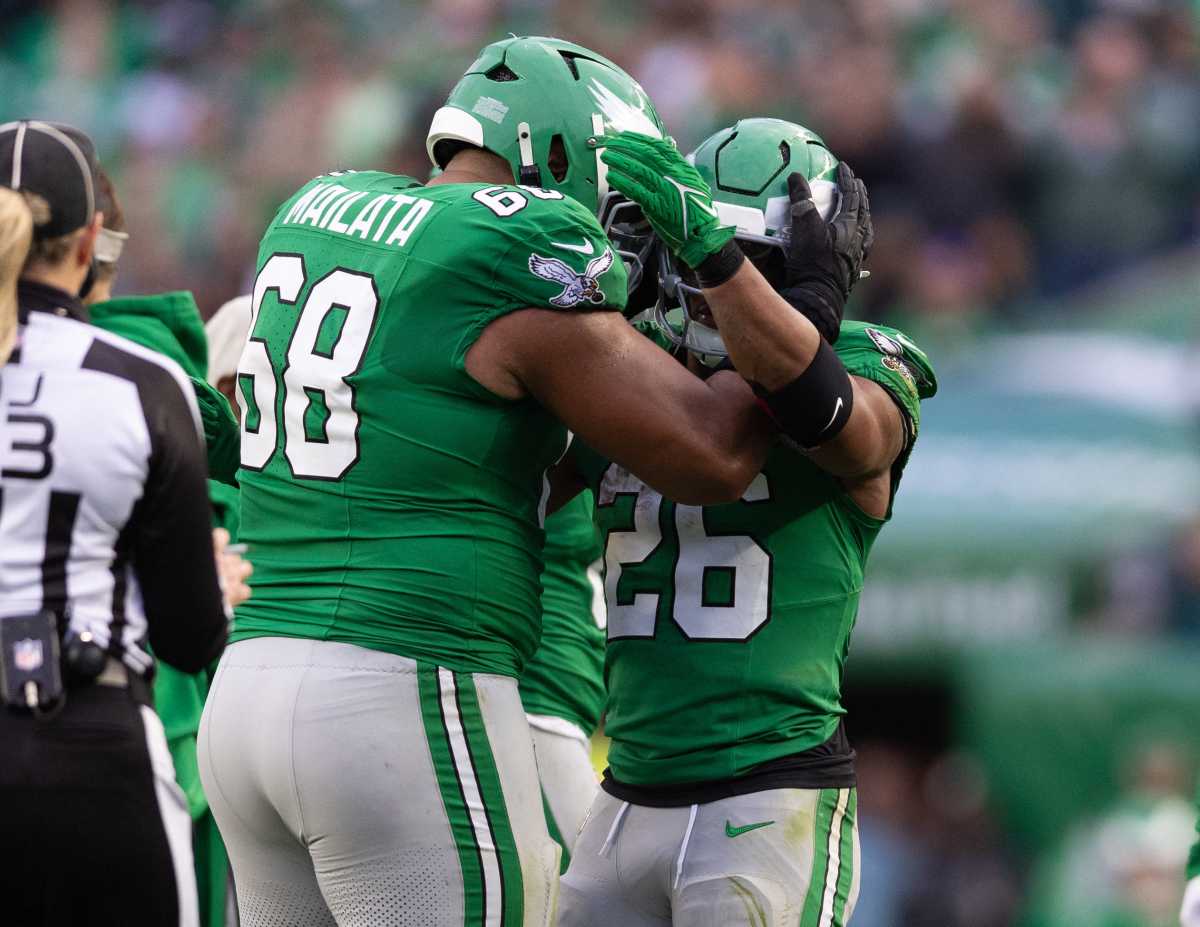Philadelphia’s Latino community is stronger than ever. From cultural scenes to local businesses, political activism to culinary revolutions, it’s clear that the community is making an indelible mark on the city. Making up almost 16% of the city’s total population, Philadelphia has long been a place for Latino communities, both new and established, to call home.
The community is strong, with support and care a fundamental part of community life. The people “celebrate each other’s success, and we also support each other in times of need,” Natalia Dominguez Buckley, Deputy First Treasurer of the City of Philadelphia, says.
Mayra Hernandez Bergman, vice president of communications at PECO, adds that Philadelphian Latinos “are nuanced in our traditions but act as one community, lifting and supporting one another.” This comes in the form of supporting one another’s businesses, taking part in community events at places like Taller Puertorriqueno and Esperanza, and fighting for institutional change within the city.
While the Latino community proves itself as essential to Philadelphia, it comes with its own specific struggles. A lack of representation at local and national levels is notable, with only a handful of public officials representing the needs of this community.
“While Latinos have existed and had representation in the city for generations, there is still room to grow representation in leadership roles… The number of Latinos in City Hall and in other city leadership positions under-represents the diversity of the Latino community,” says Francisco Cortes, co-executive director at Familia: Trans Queer Liberation Movement.
If such representation were increased, perhaps issues affecting the community could be further addressed. There are “significant issues impacting geographic sectors of the city that have a large concentration of the Latino community, including the opioid crisis, gun violence, blight, the state of public education, and the conditions of the school buildings,” Cynthia Figueroa, president and CEO of JEVS Human Services, explains.
Another issue significantly affecting members of Philadelphia’s Latino community relates to immigration rights. Aside from New York City, the number of undocumented immigrants is higher in Philadelphia than any of the other largest Northeast American cities, according to research conducted by the Pew Research Center. The research showed that 50,000 undocumented immigrants are living in Philadelphia, about a quarter of the total immigrant population. Being undocumented can lead to multiple challenges, including difficulty accessing civil and labor rights.
There are countless activist and community groups working to help fight for the rights of these people, including Juntos and Reclaim Philadelphia. Sergio Cea, political director at Reclaim Philadelphia, says that “the Latino community has fought hard to make Philly a Sanctuary City, ended the PARS agreement with ICE, and shut down Berks Detention Center.”
While these larger groups are making strides in progress for these communities, there’s another industry that’s making headway on the issue, too. There’s a significant overlap between the culinary industry in Philadelphia and activism fighting for the rights of undocumented immigrants. Cristina Martinez, undocumented immigration activist, chef, and owner at the renowned South Philly Barbacoa and Casa Mexico, originally arrived in the US after fleeing from domestic violence in her native Mexico. Once in the US, she held multiple jobs in the food industry to support her family, but ultimately lost a position because of her undocumented status. She fought back, opening South Philly Barbacoa in 2015 and Casa Mexico in 2020.
Martinez continues to fight for the rights of undocumented people with her ongoing campaign #Right2Work. She says the overlap between her vocation as a chef and her activism is very complex.
“You always need someone who is willing to go public about injustices or the experiences as an undocumented immigrant,” she says. She became that person, risking her own safety to bring attention to the urgent issue.
Martinez started learning about the laws and rules of the US as she worked, and was appalled by the reality that those in poverty and without immigration security face, explaining that “there is punishment if you don’t have the money to pay your bills or your taxes, or if you’ve crossed the border seeking refuge or a better life.”
Martinez notes that undocumented people keep the industry going, saying that “most of the commercial kitchens and restaurants in this country are supported by immigrants, most of us undocumented and operating behind the scenes to keep the economy going.”
Chef Jose Garces—Iron Chef, James Beard Award-winner, and CCO at Garces Group—also provides ongoing and actionable assistance to the immigrant community. With the Garces Foundation, founded in 2011, he says “[they’re] working to alleviate some of the issues that affect our communities through our EREL classes, community health days, and dental clinics. Through the pandemic, we increased our food pantry program to provide additional nutritional support to families.”
When discussing why the Latino community is so vital to Philadelphia, he explains that “it’s an amazing blend of the best of the worlds. Philadelphia is a fantastic city with a great deal of heart, diversity, and passion. It’s natural that the Latino community can thrive here, especially with the strong sense of community that binds us all together.”
With this coming through in the incredible work activists are doing all over the city, it’s clear that Philadelphia’s Latino community will continue to flourish in the years to come, fighting for the representation and rights deserved.



